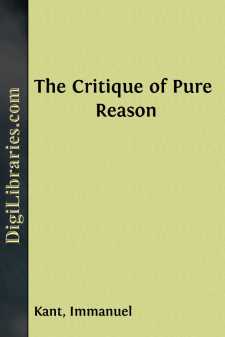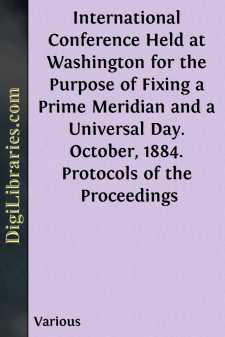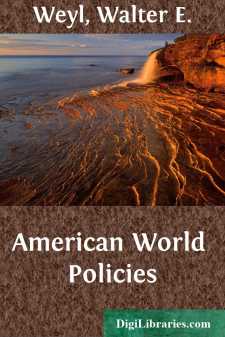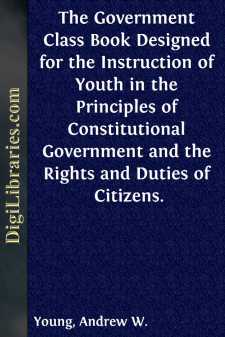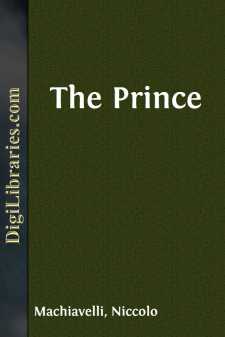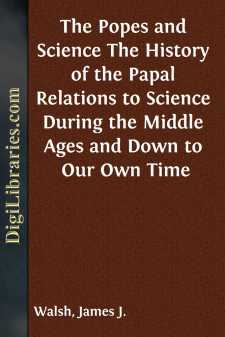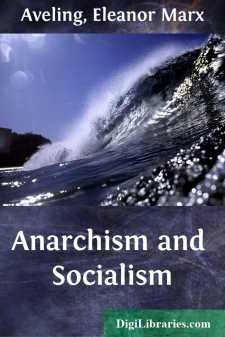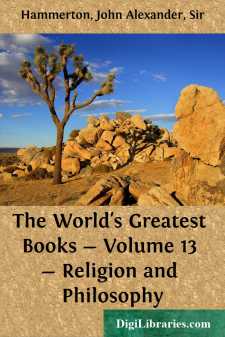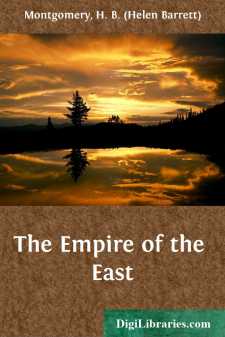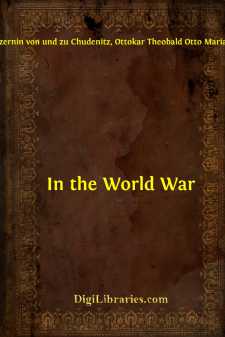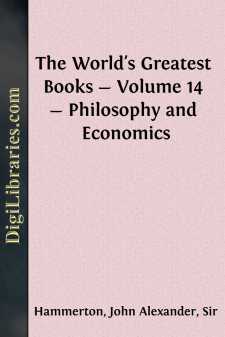Categories
- Antiques & Collectibles 13
- Architecture 36
- Art 48
- Bibles 22
- Biography & Autobiography 813
- Body, Mind & Spirit 142
- Business & Economics 28
- Children's Books 15
- Children's Fiction 12
- Computers 4
- Cooking 94
- Crafts & Hobbies 4
- Drama 346
- Education 46
- Family & Relationships 57
- Fiction 11828
- Games 19
- Gardening 17
- Health & Fitness 34
- History 1377
- House & Home 1
- Humor 147
- Juvenile Fiction 1873
- Juvenile Nonfiction 202
- Language Arts & Disciplines 88
- Law 16
- Literary Collections 686
- Literary Criticism 179
- Mathematics 13
- Medical 41
- Music 40
- Nature 179
- Non-Classifiable 1768
- Performing Arts 7
- Periodicals 1453
- Philosophy 64
- Photography 2
- Poetry 896
- Political Science 203
- Psychology 42
- Reference 154
- Religion 513
- Science 126
- Self-Help 84
- Social Science 81
- Sports & Recreation 34
- Study Aids 3
- Technology & Engineering 59
- Transportation 23
- Travel 463
- True Crime 29
The Critique of Pure Reason
by: Immanuel Kant
Categories:
Description:
Excerpt
I purposely omit the definitions of the categories in this treatise. I shall analyse these conceptions only so far as is necessary for the doctrine of method, which is to form a part of this critique. In a system of pure reason, definitions of them would be with justice demanded of me, but to give them here would only bide from our view the main aim of our investigation, at the same time raising doubts and objections, the consideration of which, without injustice to our main purpose, may be very well postponed till another opportunity. Meanwhile, it ought to be sufficiently clear, from the little we have already said on this subject, that the formation of a complete vocabulary of pure conceptions, accompanied by all the requisite explanations, is not only a possible, but an easy undertaking. The compartments already exist; it is only necessary to fill them up; and a systematic topic like the present, indicates with perfect precision the proper place to which each conception belongs, while it readily points out any that have not yet been filled up.
SS 7.
Our table of the categories suggests considerations of some importance, which may perhaps have significant results in regard to the scientific form of all rational cognitions. For, that this table is useful in the theoretical part of philosophy, nay, indispensable for the sketching of the complete plan of a science, so far as that science rests upon conceptions a priori, and for dividing it mathematically, according to fixed principles, is most manifest from the fact that it contains all the elementary conceptions of the understanding, nay, even the form of a system of these in the understanding itself, and consequently indicates all the momenta, and also the internal arrangement of a projected speculative science, as I have elsewhere shown. [Footnote: In the Metaphysical Principles of Natural Science.] Here follow some of these observations.
I. This table, which contains four classes of conceptions of the understanding, may, in the first instance, be divided into two classes, the first of which relates to objects of intuition—pure as well as empirical; the second, to the existence of these objects, either in relation to one another, or to the understanding.
The former of these classes of categories I would entitle the mathematical, and the latter the dynamical categories. The former, as we see, has no correlates; these are only to be found in the second class. This difference must have a ground in the nature of the human understanding.
II. The number of the categories in each class is always the same, namely, three—a fact which also demands some consideration, because in all other cases division a priori through conceptions is necessarily dichotomy. It is to be added, that the third category in each triad always arises from the combination of the second with the first.
Thus totality is nothing else but plurality contemplated as unity; limitation is merely reality conjoined with negation; community is the causality of a substance, reciprocally determining, and determined by other substances; and finally, necessity is nothing but existence, which is given through the possibility itself. Let it not be supposed, however, that the third category is merely a deduced, and not a primitive conception of the pure understanding. For the conjunction of the first and second, in order to produce the third conception, requires a particular function of the understanding, which is by no means identical with those which are exercised in the first and second. Thus, the conception of a number (which belongs to the category of totality) is not always possible, where the conceptions of multitude and unity exist (for example, in the representation of the infinite). Or, if I conjoin the conception of a cause with that of a substance, it does not follow that the conception of influence, that is, how one substance can be the cause of something in another substance, will be understood from that. Thus it is evident that a particular act of the understanding is here necessary; and so in the other instances....


